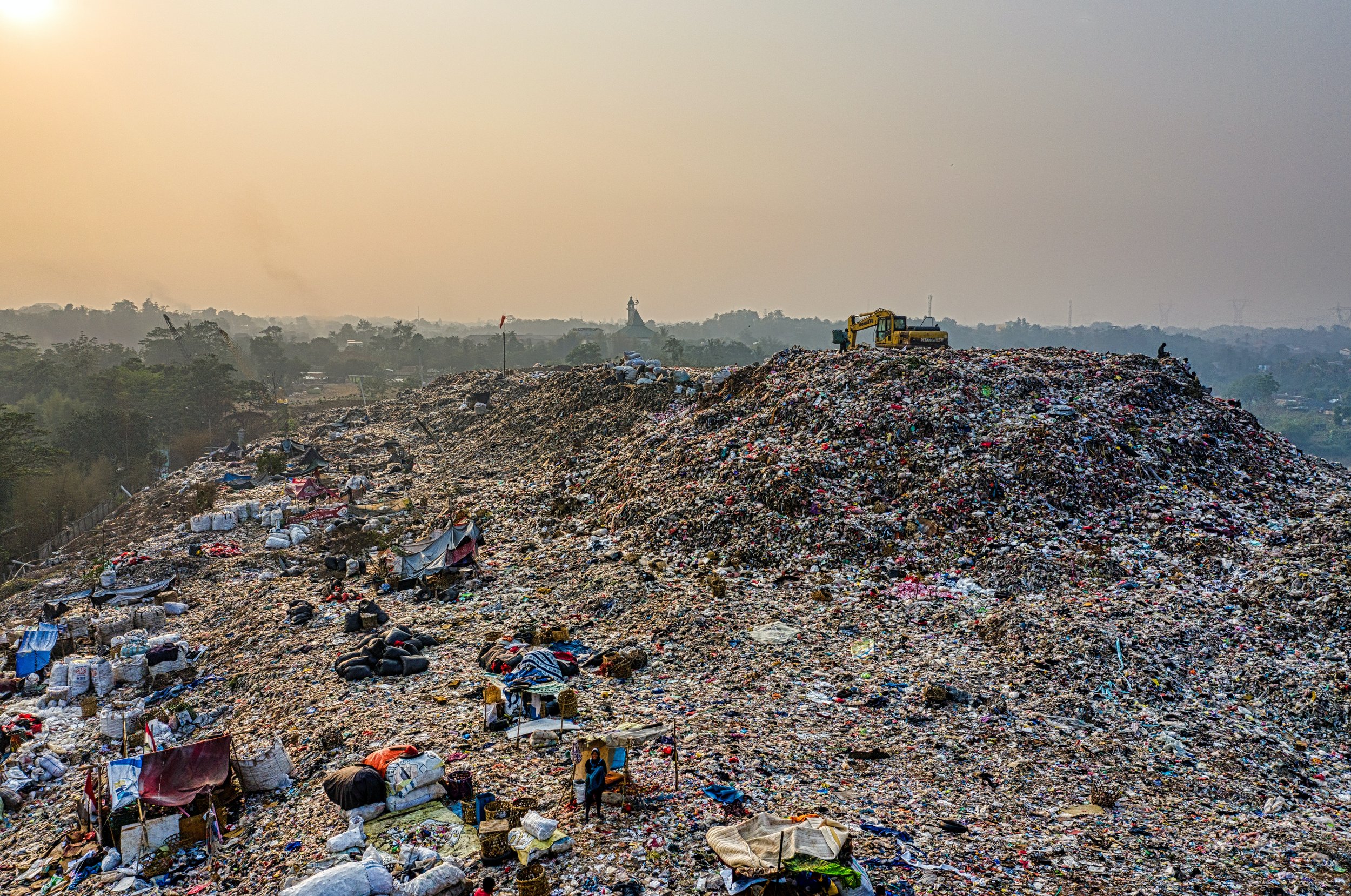Relentless Environmental Degradation: Addressing the Shifting Baseline
As our environment continues to be damaged on a large scale, our collective perception of what is natural and healthy is not fixed. This is the shifting baseline syndrome (SBS). Yes its a thing. Each new generation or immigration wave have revised reference points, perceiving the situation they grew up in or came from, as the norm. As our belief of what is normal becomes distorted, we become less motivated as a society to address the growing degradation of the natural environment. So Utopia is gone and we don’t even really know what it was like. Lets accept that but at the same time do our utmost for coming generations that their baseline is not horribly far from our own.
As Australians, we live in a country where the pre-existing indigenous knowledge of this unique natural environment has been relentlessly ignored since European invasion. Historically, this self imposed ignorance of what came before has resulted in an accelerated degradation of Australia’s fragile ecosystems. As individuals, we can acknowledge this and take decisive and effective actions to look after what remains and help protect it for future generations.
One effective action we can take is to support conservation organisations like Rainforest Rescue, Bush Heritage Australia, and the Australian Conservation Foundation. Organisations like these and others work to protect and restore ecosystems, conserve biodiversity, and advocate for the natural environment. If you are cashed up you can help by donating money or if like me the dollars are getting rarer, you might consider volunteering some your time. My personal approach to deciding who to support is to review how much pro bono work the organisation does and/or how much the CEO earns. Really big organisations, though having a lot of clout, tend to be less altruistic, in my opinion and provide less bang for the buck.
Of course nowadays, climate change is never far from the conversation and reducing our own carbon footprint in our daily lives is critical (did you really need to take that international flight?), we can also help motivate both the big end of town and Australian governments at all levels. There are numerous organisations doing great work in this sphere. I personally like the strategies of Market Forces https://www.marketforces.org.au/ and The Environmental Defenders Office https://www.edo.org.au/ as well as supporting the Australian Youth Climate Coalition https://www.aycc.org.au/
We can also take part in citizen science activities that help monitor the environment. Citizen science involves members of the public collecting data and observations that contribute to scientific research. Examples of citizen science projects in Australia are many, some ongoing and some ephemeral. By participating in citizen science activities, you can contribute to research but be clear on what your expectations are. Not all projects are what the label claims. Data for information sake is probably the safest bet, programs like the National Waterbug Blitz https://www.waterbugblitz.org.au/ and Redmap https://www.redmap.org.au/ fall into this category, whereas projects using phrases like “help protect” may be more about marketing the hosting organisation than protecting the environment. There are projects that contribute to environmental protection but quite a few just allude to it because its good marketing. Just do your due diligence before providing your time and efforts.
Waste and plastic pollution can have devastating effects on our natural environments, harming wildlife and contributing to the degradation of ecosystems. To minimize waste, individuals can reduce, reuse, and recycle. Additionally, reducing the use of single-use plastics like straws, bags, and water bottles can have a significant impact. Organisations like Boomerang Alliance https://www.boomerangalliance.org.au/ provide resources and tools to help individuals and communities reduce plastic use.
Consumers have the power to influence businesses and industries through their purchasing decisions. Supporting businesses that prioritize sustainable and ethical practices can help promote more responsible practices and reduce the negative impact on the environment. For example, choosing products that are organic, fair-trade, and cruelty-free can help reduce harmful agricultural practices, support biodiversity, and prevent animal exploitation. Again Market Forces https://www.marketforces.org.au/ is a great mover and shaker in this arena.
Finally, do yourself a favour and create or reinforce a connection with nature. Go hiking, birdwatching, gardening, and visit national parks. Get familiar with the environmental status of your region by getting out there.
So, by supporting conservation organisations, reducing our carbon footprint, participating in citizen science activities, and raising awareness, we can help reduce the relentless decline of the environment and provide current and future generations with a more stable baseline of what the world should be.

